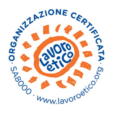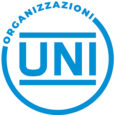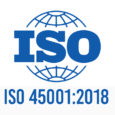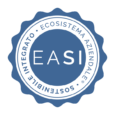Oropan, for decades, has held and maintained with high ratings the most authoritative and universally recognized quality system certifications on an international level, which confirm the total compliance of all company processes. For OROPAN, the management of food product quality is a concrete and primary objective, as it is directly linked to the protection and safeguarding of the health of all consumers.
To structure internal processes aimed at pursuing the ambitious goals of reliability, quality, sustainability, and transparency, Oropan has committed to obtaining and maintaining a series of certifications for its management systems and products.
The Company’s Certification Management System, in fact, represents one of the drivers for continuous improvement and constitutes an integral part of its sustainability strategy.

















 | Converpress
| Converpress